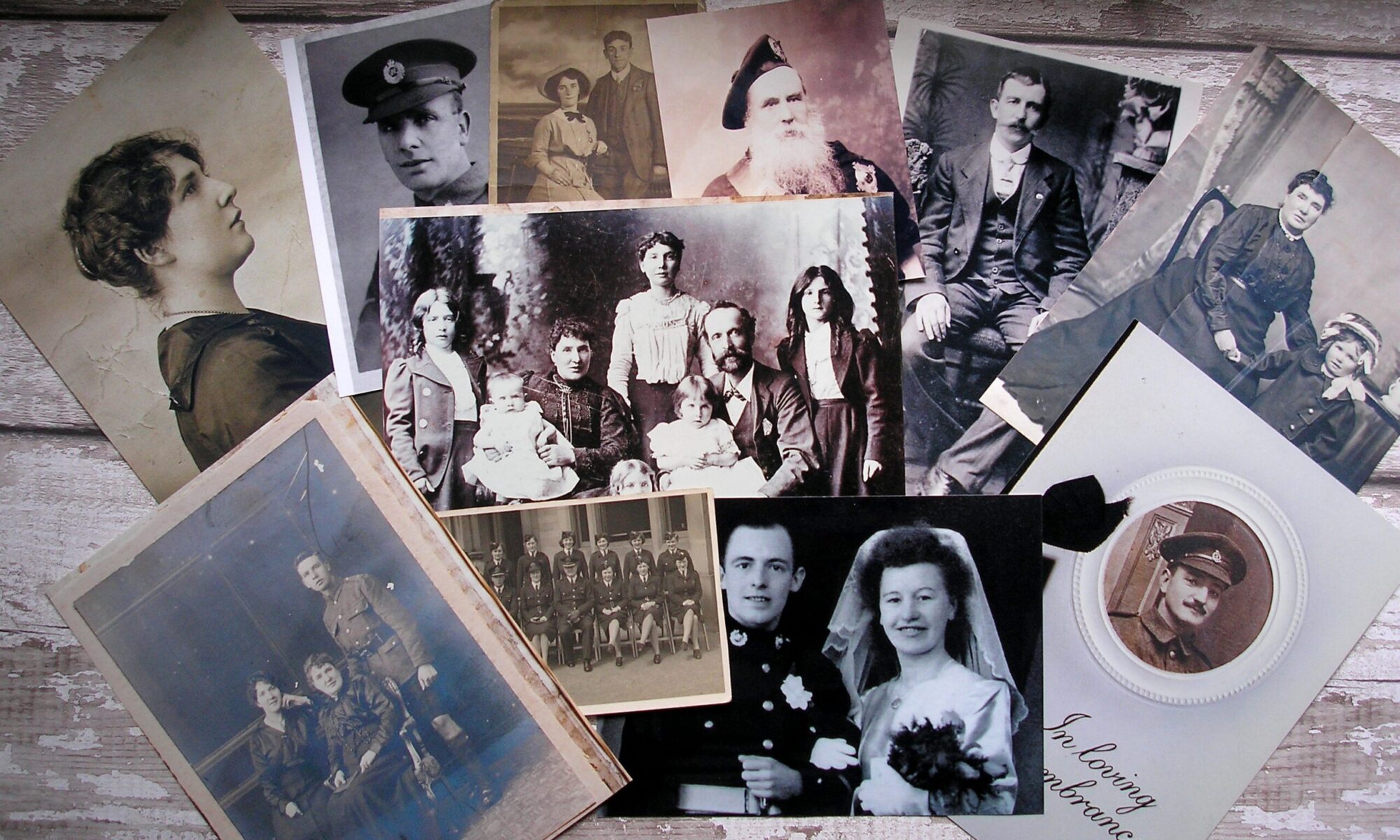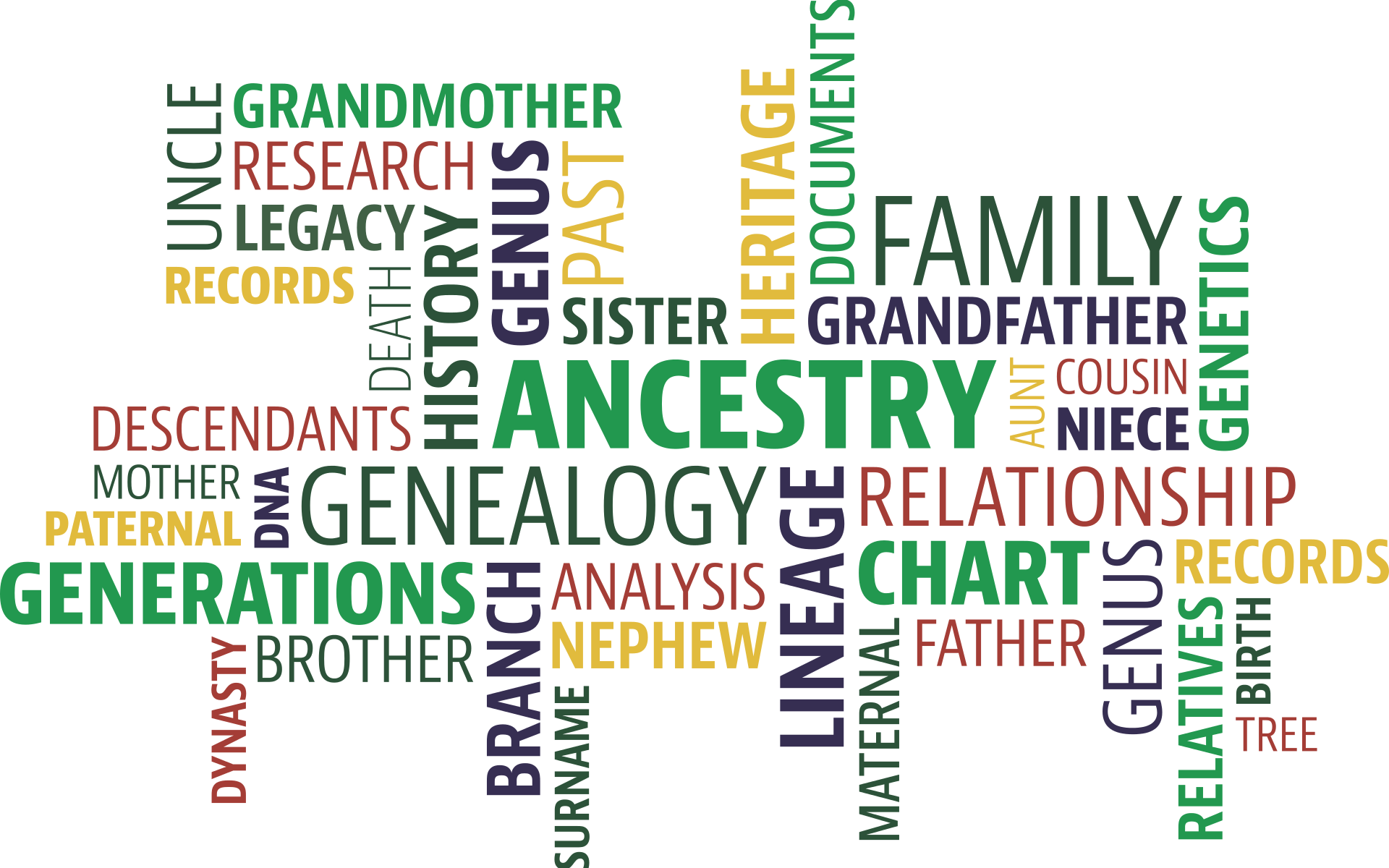Genealogy, the study of your family’s ancestors, plays an important role in how we view ourselves, our history, and the connections we have around the world. Both children and adults can benefit from knowing where they come from by studying their genealogy.
Why Genealogy is Important for Children
Forging Connections
As children uncover their family tree, they forge connections to people they didn’t know existed. And every single one of us has a family member or two who have accomplished something notable. Children are able to learn about and connect with personalities and characteristics they see in their ancestors, which are also reflected in themselves. When children discover who and where they come from, it helps them better understand not only connections with their family but also their place in the world.
Relating to History
In school, we learn about the history of our country. The events and people we learn about seem abstract, as if we’re reading fiction. When children learn about their ancestors, they’re able to make connections to history. If their great-great-great grandma helped on the Underground Railroad, all of a sudden history becomes more than fiction. If great-great grandpa fought in World War 1, then a connection is made. Genealogy makes history come alive.
Family Bonding
When children start digging into their family tree it’s an interactive task. They’ll need to speak with parents, grandparents, aunts and uncles to begin putting a family tree together. It’s a task learning experience that brings families closer. Genealogy provides children with an activity to bond over, grow closer and gain a new understanding or appreciation for family members.
Why Genealogy is Important for Adults
In addition to all of the above benefits, because adults too benefit from connecting with their family, bonding, and gaining a sense of history, genealogy offers a number of additional benefits for adults.
Genealogy provides insight and information about genetics. Digging deep into your family history can provide valuable information about inherited illnesses. A history of cancer, immune diseases, mental health, birth defects and sickle-cell anemia can be immensely helpful when you’re considering starting a family or simply want to know if you’re at risk.
Genealogy can also help you find long lost family members who are still around. If, for example, your Uncle had a child out of wedlock 40 years ago, you have a cousin and a potentially large family out there, which you’ve yet to meet. You’ve probably read those stories where long lost brothers and sisters find out they’re related and living close to one another, all because someone started researching the family tree.
Genealogy is a powerful way to connect to your family and the world around you. It can provide insight to yourself and present us with valuable information – sometimes life altering information. If you’ve yet to begin uncovering your family tree, get started. You’ll be glad you did.

